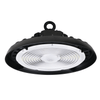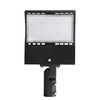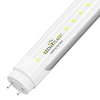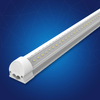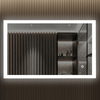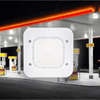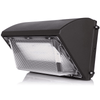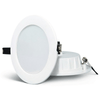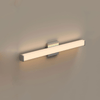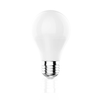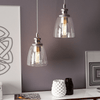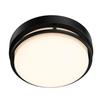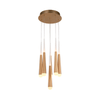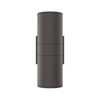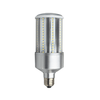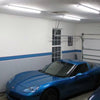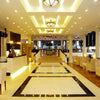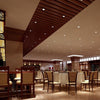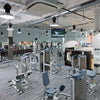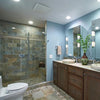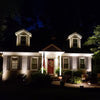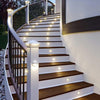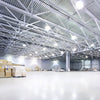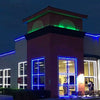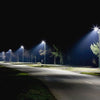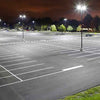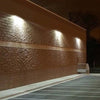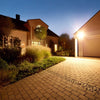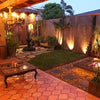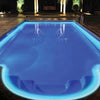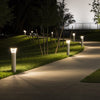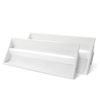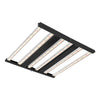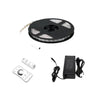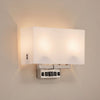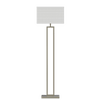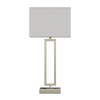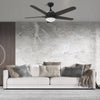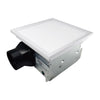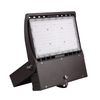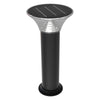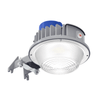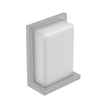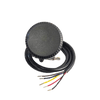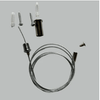Introduction
In recent years, LED lights have gained immense popularity as an energy-efficient and cost-effective lighting option. From residential to commercial spaces, LED lights seem to be everywhere. But are LED lights really a good idea? In this article, we will delve into the advantages of LED lights, their environmental impact, and considerations to keep in mind when choosing LED lighting solutions.
1. Understanding LED Lights
1.1 What are LED lights?
LED stands for Light Emitting Diodes. LED lights are semiconductor devices that emit light when an electric current passes through them. Unlike traditional incandescent bulbs, which use a filament that heats up to produce light, LEDs work on the principle of electroluminescence, making them highly energy-efficient.
1.2 How do LED lights work?
LED lights are constructed using semiconductor materials such as gallium, arsenic, and phosphorus. When an electrical current is applied to the semiconductor, electrons combine, releasing energy in the form of photons, which creates light. This process makes LED lights consume significantly less energy than conventional lighting options.
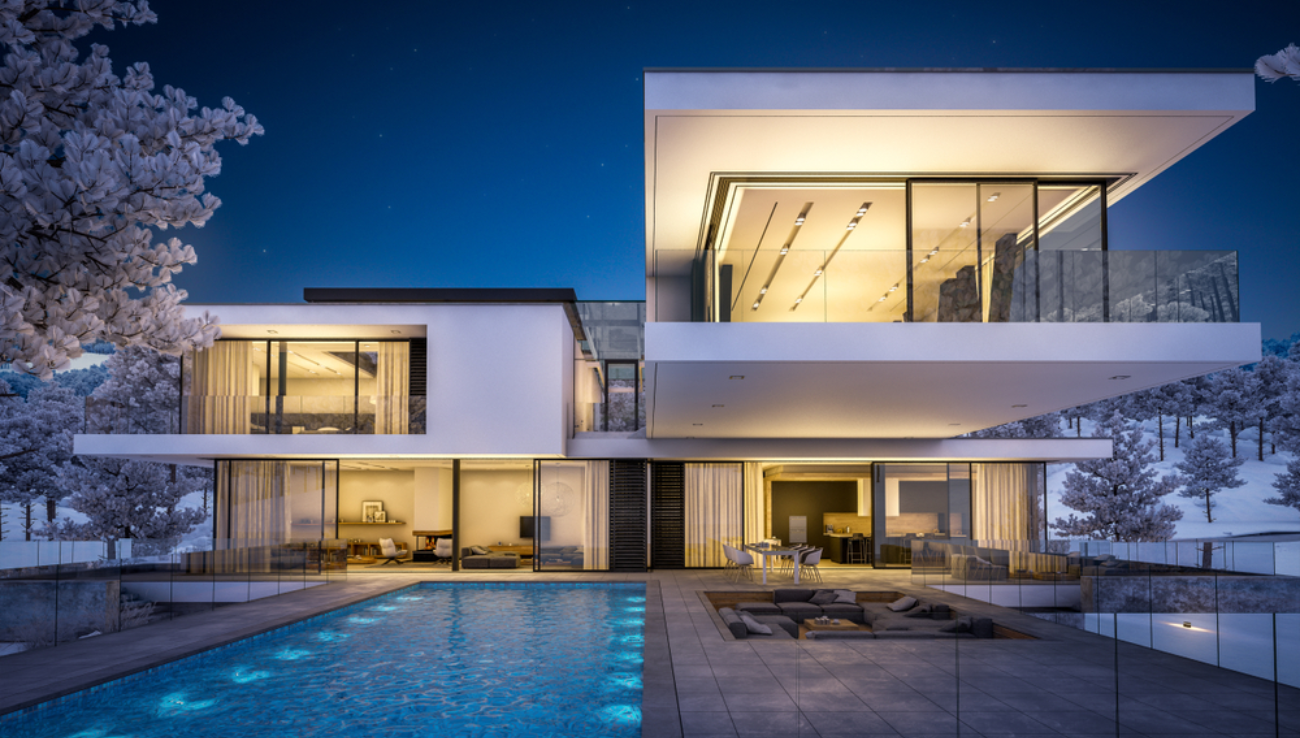
2. Advantages of LED Lights
2.1 Energy Efficiency
One of the most significant advantages of LED lights is their energy efficiency. They use up to 75% less energy than traditional incandescent bulbs, resulting in substantial energy savings and lower electricity bills.
2.2 Long Lifespan
LED lights have an impressively long lifespan, lasting up to 25 times longer than incandescent bulbs. This longevity reduces the need for frequent replacements, resulting in less waste and lower maintenance costs.
2.3 Environmentally Friendly
LED lights are eco-friendly as they do not contain hazardous materials like mercury, which is commonly found in compact fluorescent lamps (CFLs). Additionally, their energy-efficient nature contributes to reduced carbon emissions, making them a greener lighting option.
2.4 Instant Illumination
Unlike some other lighting options, LED lights provide instant and full illumination as soon as they are switched on. There is no warm-up period, ensuring immediate brightness.
2.5 Durability
LED lights are highly durable as they are not made of glass and do not have fragile filaments, making them more resistant to breakage.
3. The Environmental Impact of LED Lights
3.1 Reduced Carbon Footprint
As mentioned earlier, LED lights consume less energy and have a longer lifespan, which significantly reduces their carbon footprint over time.
3.2 Recycling and Disposal
LED lights are more environmentally friendly to dispose of compared to CFLs, as they do not contain harmful substances like mercury. Many regions now have recycling programs for LED lights to further minimize their environmental impact.

4. Considerations When Choosing LED Lights
4.1 Lumens and Brightness
Instead of wattage, look for lumens when choosing LED lights. Lumens indicate the brightness level, helping you find the right illumination for your space.
4.2 Color Rendering Index (CRI)
CRI measures how accurately a light source reveals colors compared to natural light. Higher CRI values provide better color accuracy.
4.3 Dimmability
Check if the LED lights are dimmable if you require adjustable lighting levels for different settings.
Conclusion
LED lights undeniably offer numerous benefits that make them a smart and sustainable lighting choice. From energy efficiency and longevity to reduced environmental impact, their advantages outweigh the initial cost. As technology advances, LED lights will likely continue to improve, providing even better lighting solutions for the future.
FAQs
Q: Are LED lights suitable for outdoor use?
A: Yes, LED lights are an excellent choice for outdoor lighting due to their durability, energy efficiency, and ability to withstand various weather conditions.
Q: Can LED lights be used with solar panels?
A: Absolutely! LED lights' low energy consumption makes them compatible with solar panels, offering an eco-friendly lighting solution.
Q: Do LED lights emit UV radiation?
A: No, LED lights produce very minimal UV radiation, making them safe for indoor use and reducing potential health risks.
Q: Are LED lights flicker-free?
A: Yes, LED lights are inherently flicker-free, which helps reduce eye strain and headaches associated with traditional fluorescent lighting.
A: Definitely! LED lights are versatile and available in various colors, making them perfect for creative and decorative applications.

